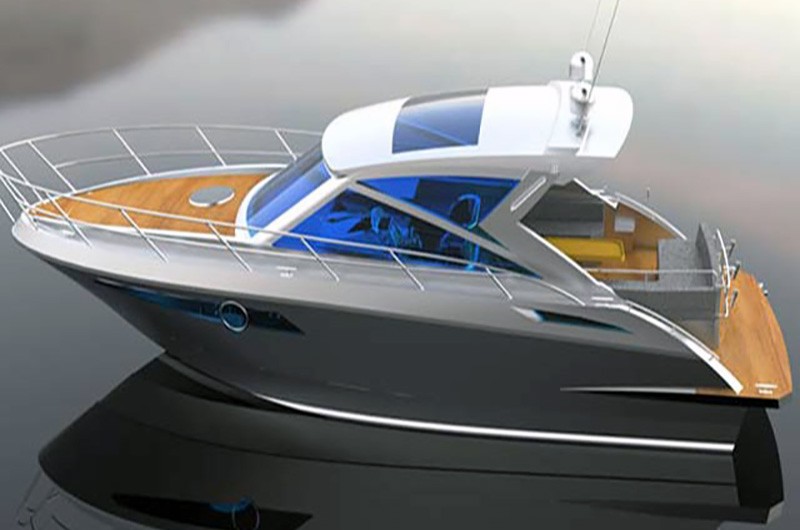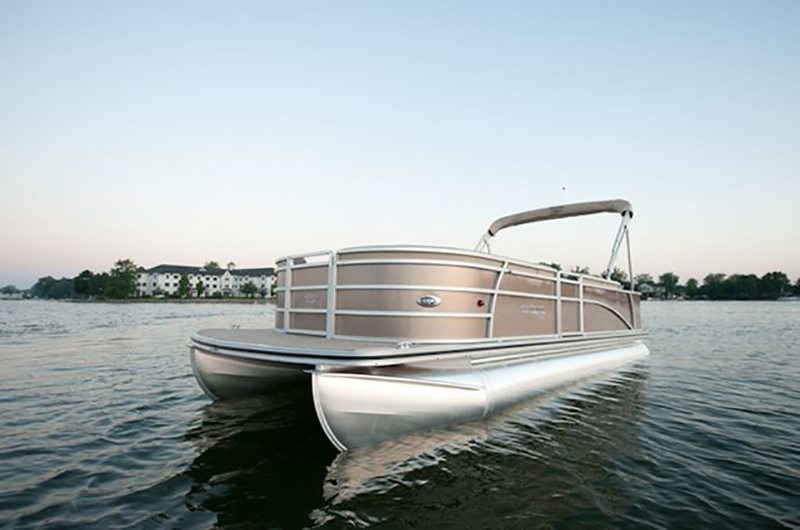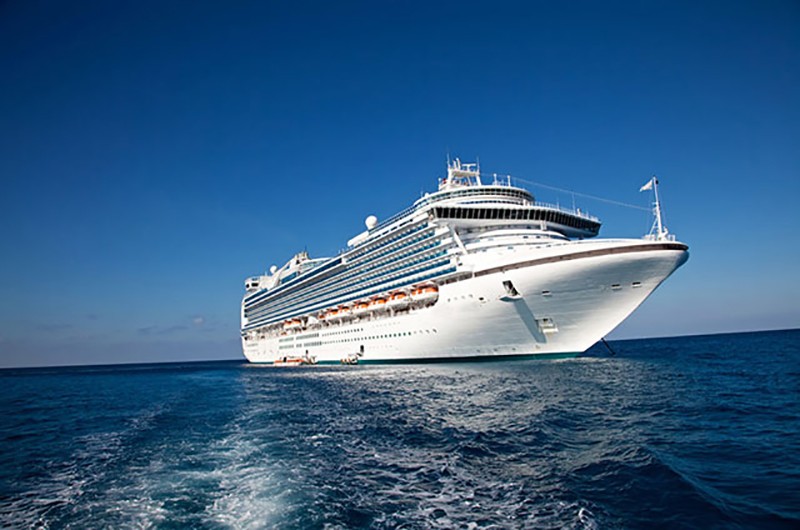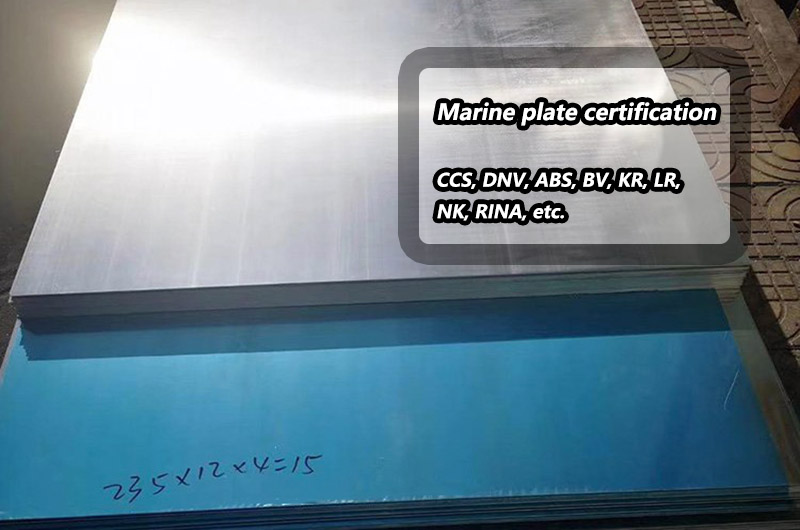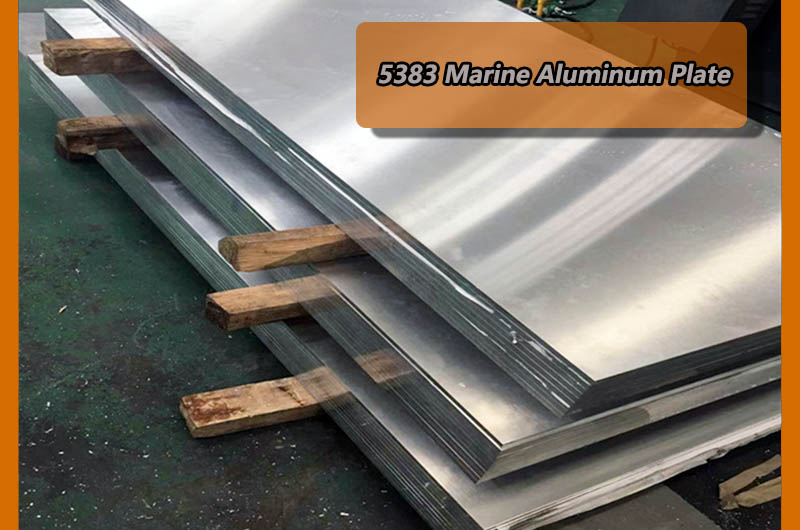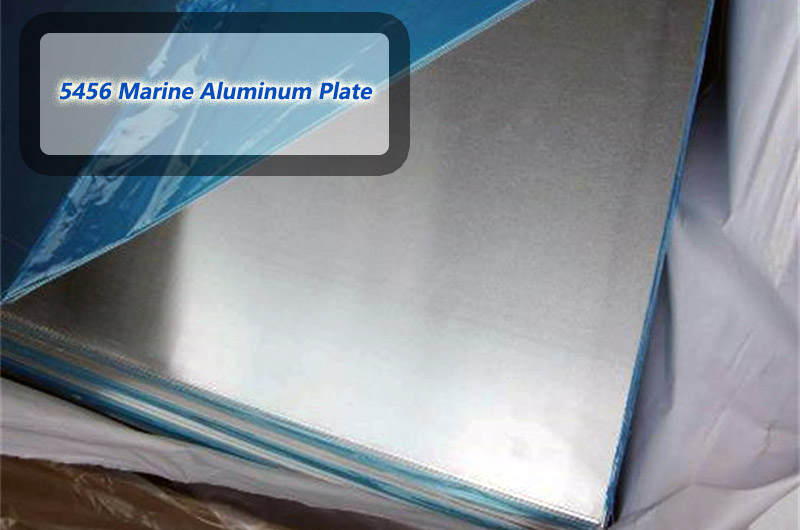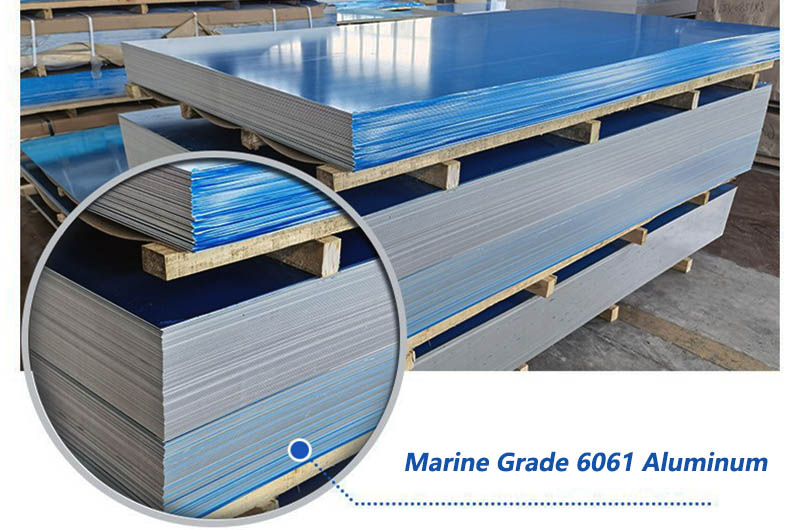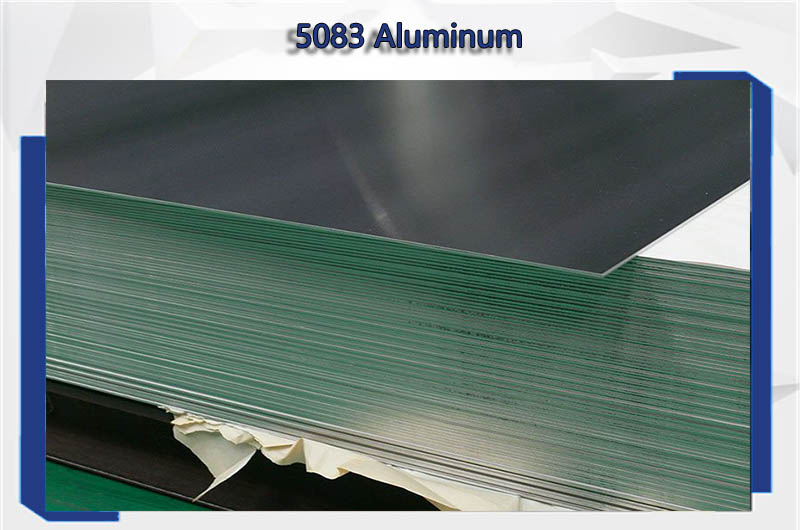- LNG boat tank
- LNG ship 5083 aluminum plate characteristics
- The superior performance of LNG ship 5083 aluminum plate
- LNG ship 5083 aluminum plate alloy composition
- LNG ship 5083 aluminum plate mechanical performance
LPG natural gas (LNG) ship is a ship specializing in the transportation of liquefied natural gas. One of the key components is the LNG storage tank. These storage tanks are the energy reserve device of the ship, which carries highly compressed and cooled to its liquefied natural gas.
LNG ship storage tank is a special structure independent of the hull. When choosing the LNG storage tank material, low temperature performance is a vital factor. Generally speaking, carbon steel will become crispy at such a low temperature. To this end, the LNG ship's cargo compartment can only use expensive nickel alloy steel or 5083 aluminum.
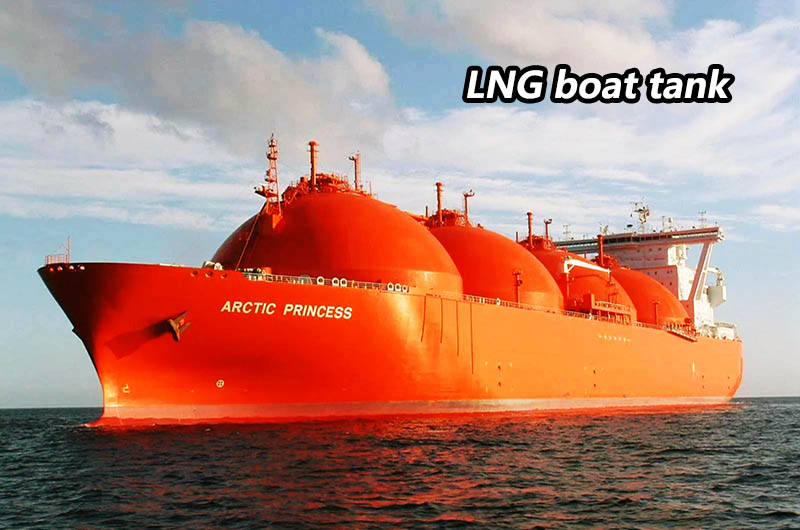
LNG boat tank
The role of LNG storage tank
LPG natural gas becomes liquid after the temperature is compressed and cooled to its condensate (-161.5℃) temperature. Usually, the liquefied natural gas stores in a low-temperature storage tank of -161.5℃ and 0.1MPa.
This liquefied natural gas requires safe and reliable storage and transportation methods, and the LNG ship's storage tank takes this important task. Storage tanks not only need high sealing and structural strength, but also need to maintain the reliability of materials at extremely low temperatures.
Consider factors for the selection of LNG storage tanks
When selecting the LNG storage tank material, the performance of the material must be considered at extremely low temperature. Ordinary carbon steel is easy to be brittle at such low temperature. Nickel alloy steel and 5083 aluminum are common choices.
Comparison of carbon steel and 5083 aluminum plate
Compared with the carbon steel and 5083 aluminum plates, we can clearly see the limitations of ship carbon steel in the LNG ship storage tank. Carbon steel is prone to brittleness at low temperatures, while 5083 aluminum plates become the first choice for their good low temperature performance.
By comparing the carbon steel for ships, the excellent performance of 5083 aluminum plates in low temperature environments makes it the first choice for LNG ship storage tank materials.
LNG ship 5083 aluminum plate characteristics
5083 aluminum plate is an Al-MG alloy with excellent performance. Its main characteristics include good corrosion resistance, excellent welding, good cold processing, and medium intensity. These characteristics make 5083 aluminum plates very popular in liquefied natural gas ship storage tanks.
5083 aluminum plates performed well in low temperature environments. Its low temperature resistance makes it an ideal choice for alternative carbon steel, and can maintain stable material performance at extreme temperatures of liquefied natural gas.
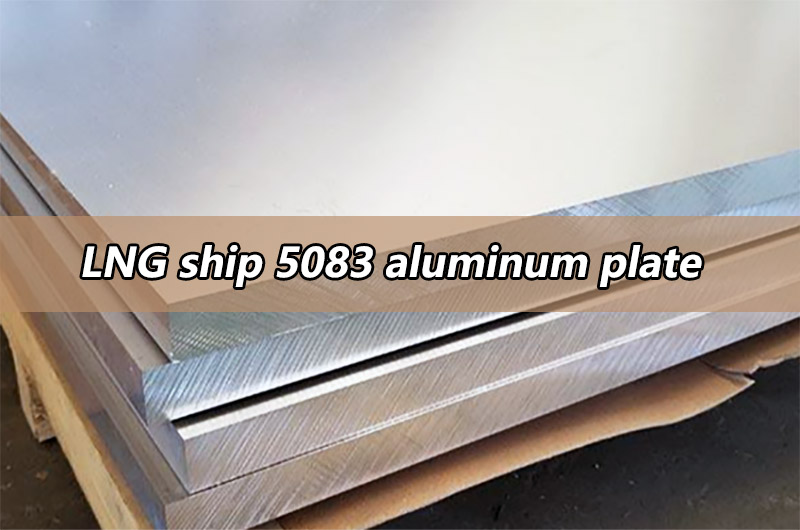
The superior performance of LNG ship 5083 aluminum plate
5083 aluminum plates can not only resist the effects of extremely low temperature on material performance, but also have other series of superior performance, including good corrosion resistance, excellent welding, and moderate strength. This enables the LNG ship storage tank to ensure safety and improve the convenience of manufacturing and maintenance when choosing 5083 aluminum plates.
- 1. Has low density, high intensity.
- 2. Easy to process, thin plates can bend.
- 3. Easy to recycle.
LNG ship 5083 aluminum plate alloy composition
5083 aluminum plate is an AL-MG alloy, which is very important for its performance in liquefied natural gas ship storage tanks.
| Element | Content (Weight %) |
|---|---|
| Aluminum (Al) | Balance |
| Silicon (Si) | ≤ 0.40 |
| Copper (Cu) | ≤ 0.10 |
| Magnesium (Mg) | 4.0–4.9 |
| Zinc (Zn) | ≤ 0.25 |
| Manganese (Mn) | 0.40–1.0 |
| Titanium (Ti) | ≤ 0.15 |
| Chromium (Cr) | 0.05–0.25 |
| Iron (Fe) | 0.000–0.400 (Individual: ≤ 0.05; Total: ≤ 0.15) |
This alloy composition ensures that the 5083 aluminum plate has excellent corrosion, welding, cold processing, and medium intensity in low temperature environments, making it an ideal choice for liquefied natural gas ship storage tanks.
LNG ship 5083 aluminum plate mechanical performance
The mechanical properties of 5083 aluminum plates are the key indicators that they meet the requirements in LNG ships.
| Property | Value |
|---|---|
| Yield Strength (σ0.2) (MPa) | ≥ 110 |
| Elongation at 10% (δ10) (%) | ≥ 20 |
| Elongation at 5% (δ5) (%) | ≥ 12 |
These performance indicators indicate that the 5083 aluminum plate has sufficient strength to resist the external stress that the LNG ship may suffer during transportation, and at the same time has good ductility, so that it can maintain stable performance during cold processing and welding.
The alloy composition and mechanical properties of the 5083 aluminum plate make it an ideal choice for liquefied natural gas ship storage tanks. Its corrosion, strength, and processability enable it to run stably under extreme low temperature conditions to ensure the safety and reliability of the LNG ship. This provides a advanced and feasible solution for the LPG industry, promoting the technological development and wide application of the LNG ship.
Informations you may be interested in:
- 9 Advantages Aluminum AlLoy in Ship Applications
- 6 proplems welding of ship aluminum
- How to treat corrosion treatment for boat aluminum plates?
- Temper of marine aluminum alloys
- 5083 5086 Aluminum plate for ship deck
- Best aluminum for salt or fresh water
- Best aluminum for marine use
- Aluminum Plate for Yachts Building
- Principles for the selection of aluminum alloy for ships
- 5059 O H111 H116 H321 Marine Aluminum Plate Sheet

